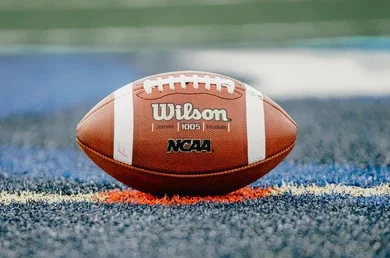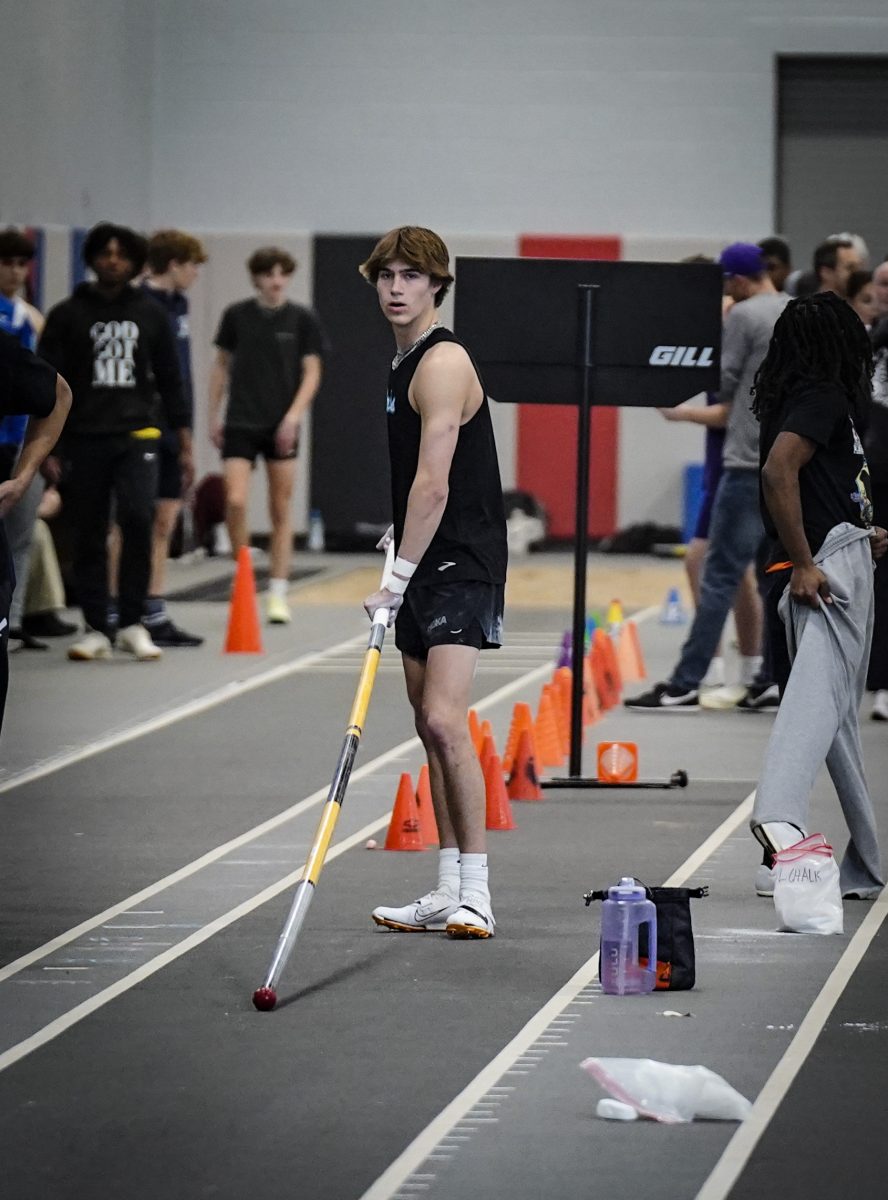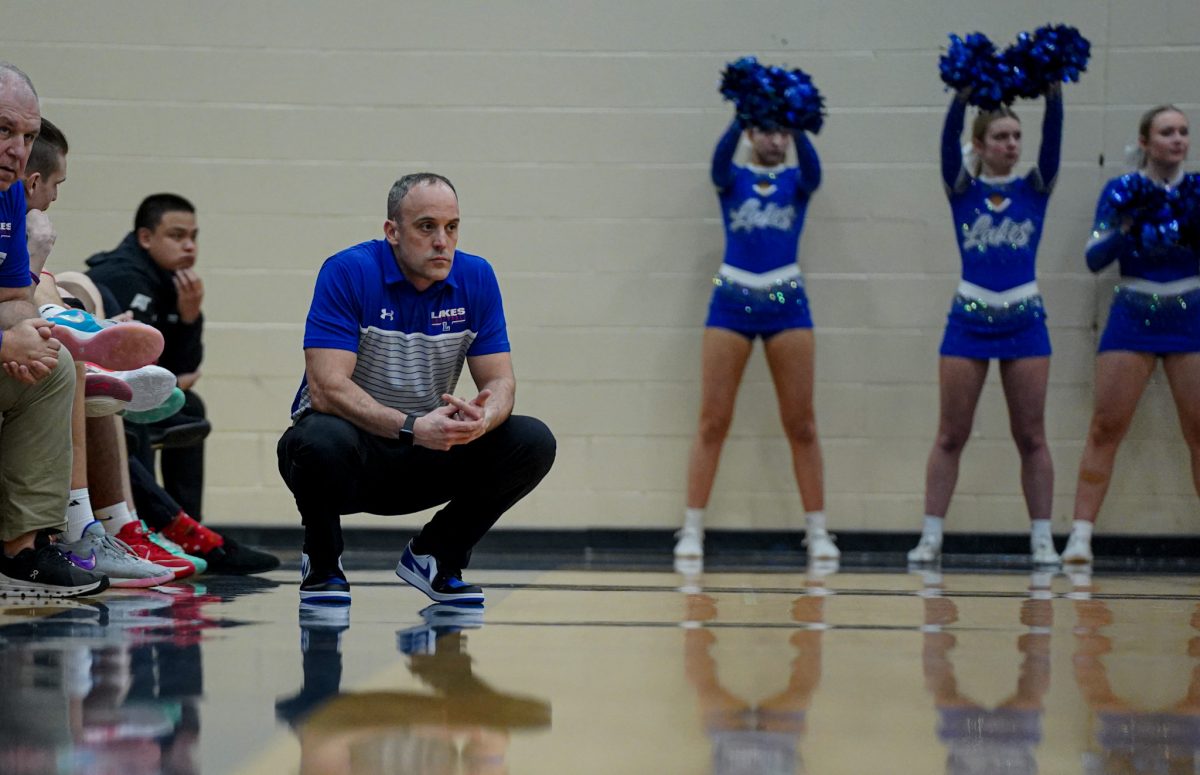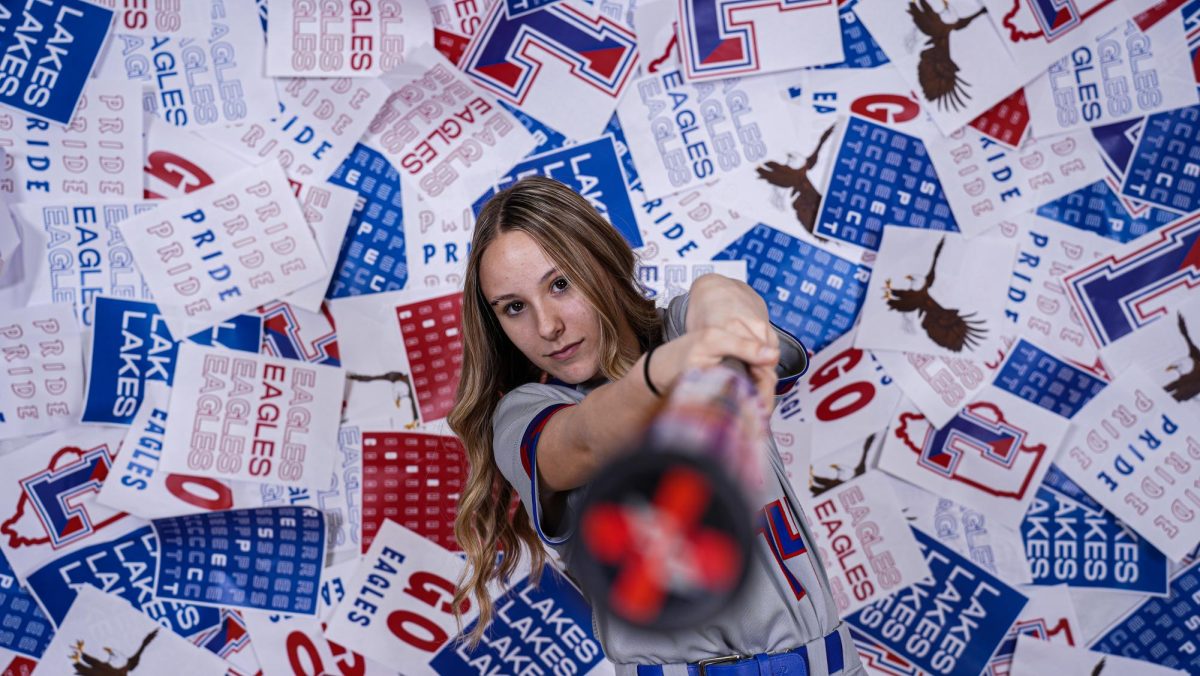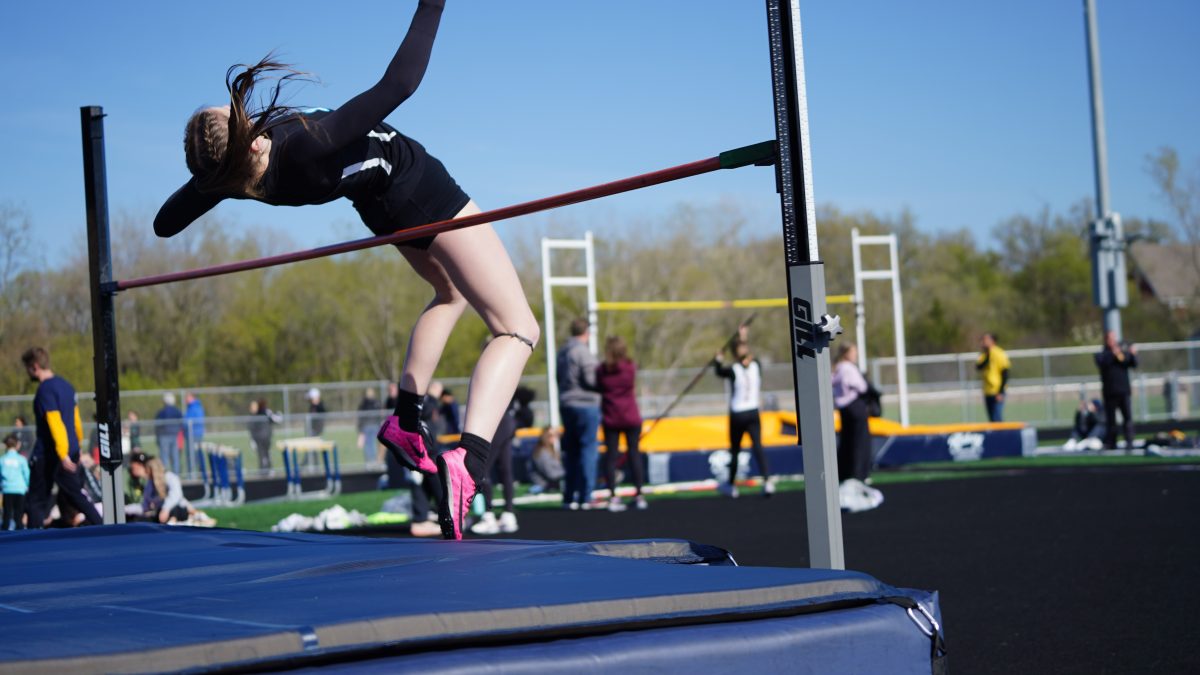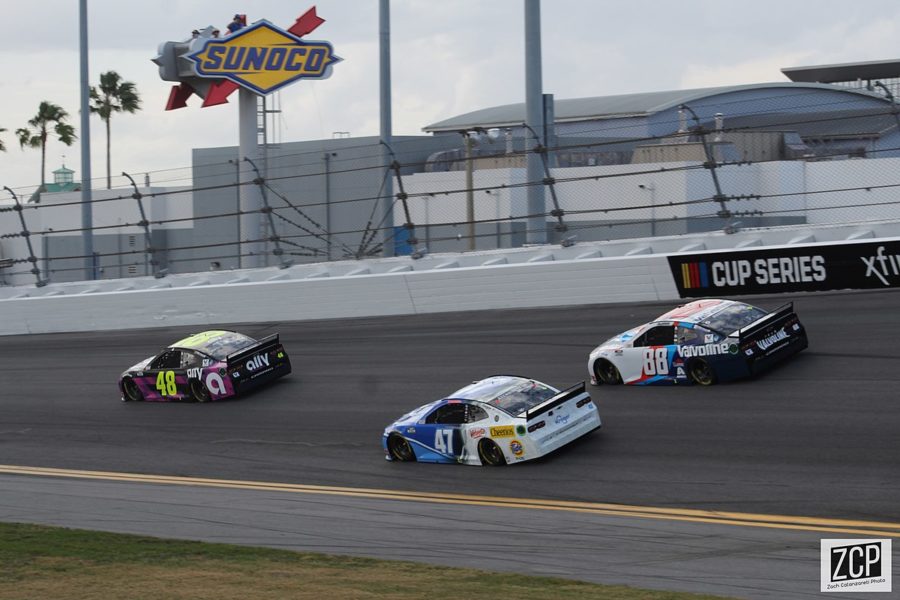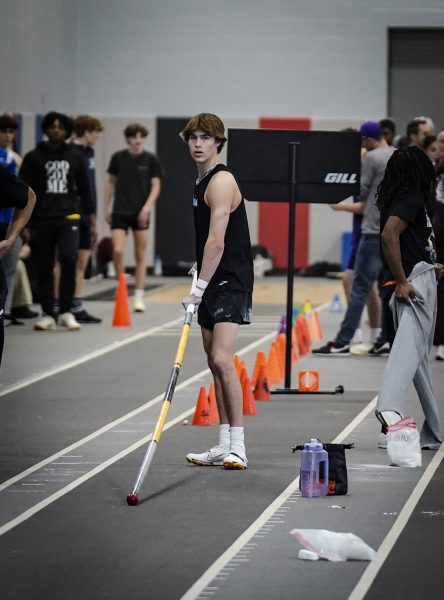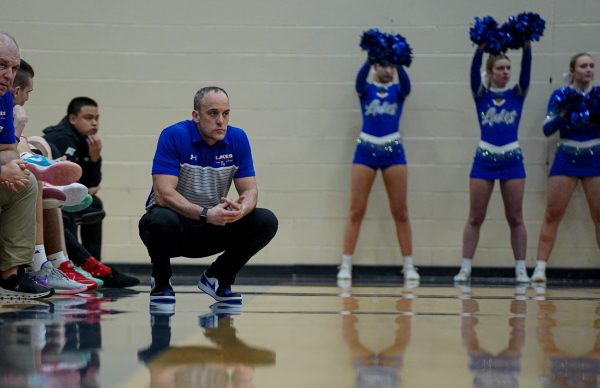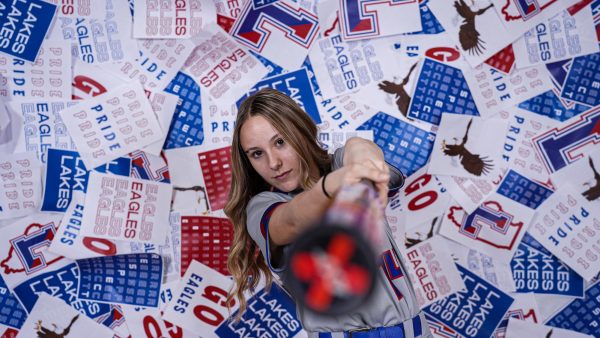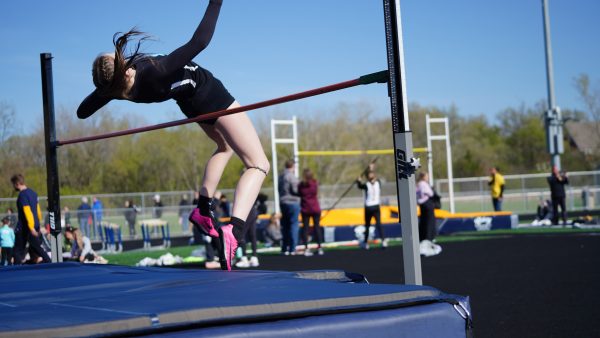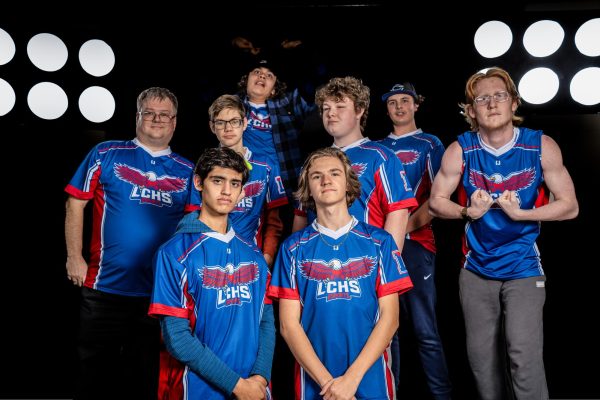What Is Holding Auto Racing Back?
Last month, the green flag waved in Daytona Beach, Florida to commence the Daytona 500, the marquee event that kicks off the NASCAR season each year. The event was marred by rain that poured for hours after the red flag was thrown to halt the race. Because of this, there was a very long delay that began in the afternoon and forced the race to be run at night, finishing past midnight Chicago time. Predictably, the television ratings of the race were severely worse than previous iterations of the race, despite rain playing a factor and pushing many races later into the night and into the next day, and even until the next Wednesday, such as the race at Texas last fall.
This trend of weather playing a role in many races each year draws even more attention to television ratings of the sport and the overall popularity of auto racing in America. The global Formula One series is a worldwide phenomenon, but not even its closest American counterpart, IndyCar, can even come close to matching its popularity, even getting challenged back at home for ratings despite Formula One races being broadcast anywhere between midnight and 7 am Chicago time for most events.
This draws the question: why is it like this for American auto racing, a sport which once was one of the fastest growing at the turn of the millennium? There are many factors that have played into this fast decline, but one is becoming more relevant than ever, and it must be addressed quickly: the stereotypes on fans and the overall slow progress being made to become inclusive and rid American racing of its racism.
Many diehard racing fans will tell you that this is simply not a problem anymore in the sport and that racing is only plagued with this issue based on a vocal minority of fans that still hold offensive views. However, this is denial, as racing, especially stock car racing, is still unable to open itself to a broader audience due to its past and present interactions regarding race.
The most cited example recently about how stock car racing has made immense progress on the front of race relations is the rise of Bubba Wallace. He is the lone Black driver in the top NASCAR series, and he got signed this past offseason to 23XI Racing, a new team founded by Michael Jordan and his friend, NASCAR driver Denny Hamlin. While the progress of Wallace’s career is a sign of change, many fans have made it clear that they don’t like the attention that Wallace has gotten, such as the incident at Bristol, Tennessee last summer.
The culture on the track itself is one of pettiness (no pun intended) and grudges. This has seeped into the culture of fans also, as many fans hold grudges against drivers. When Michael McDowell, winner of the 2021 Daytona 500, crashed into Wallace at Bristol’s All-Star Open event last year, some fans cheered Wallace’s misfortune.
Usual grudges, such as the rivalry between Joey Logano and Matt Kenseth in the fall of 2015, are usually solely based on on-track tensions. However, Wallace never did anything on-track to justify McDowell’s actions. Also, McDowell’s accident was unintentional, but that didn’t matter. Overall, the whole incident was a disgusting incident that showed the true colors of many fans.
For the future of auto racing, this issue must be eradicated from the sport. It poisons the entire genre of stock car racing for potential new audiences and therefore holds back the true potential of its growth. Besides the issues surrounding the reaction to Wallace’s rise, a myriad of related issues will also need to be dealt with in order to fully combat the broad problem of racism in auto racing.


